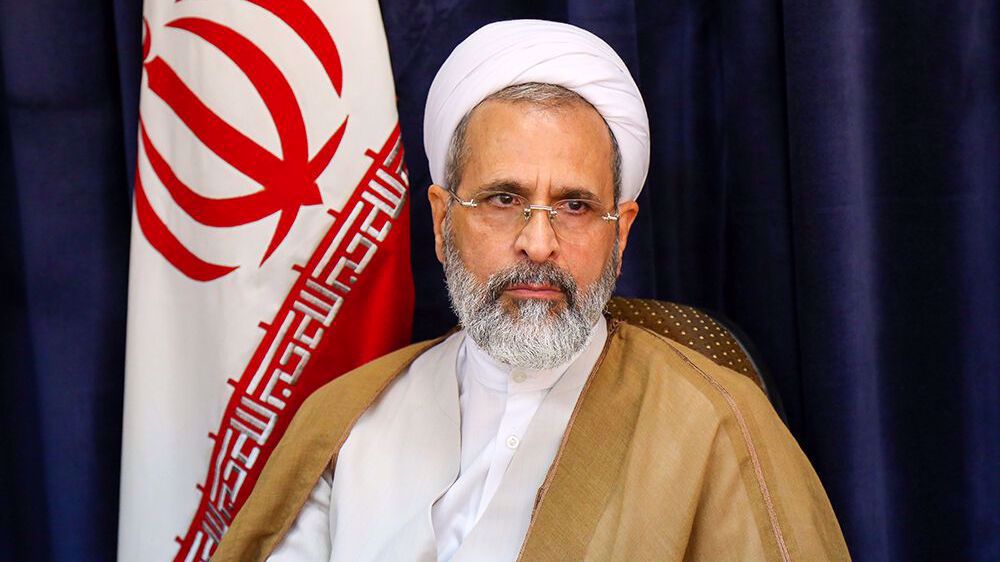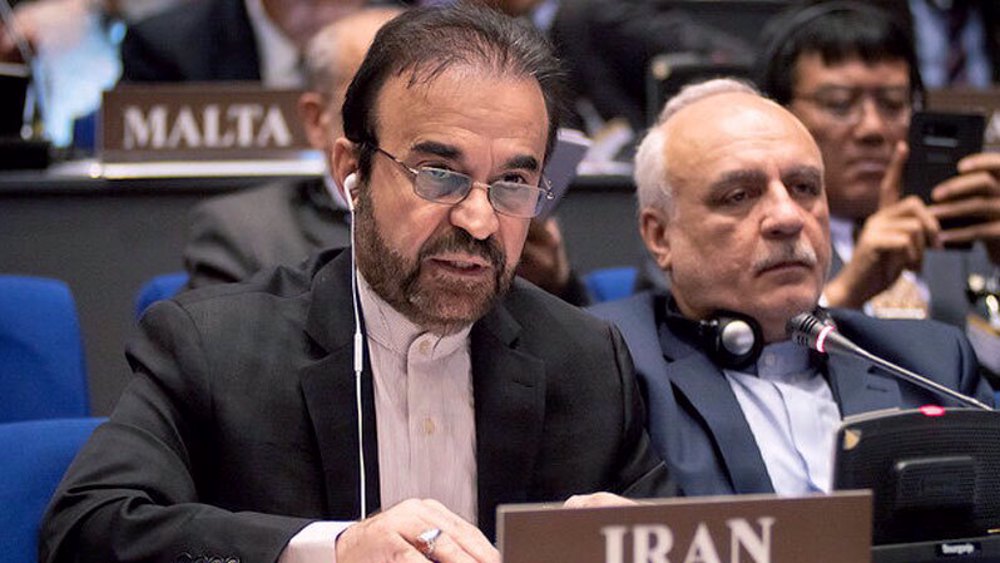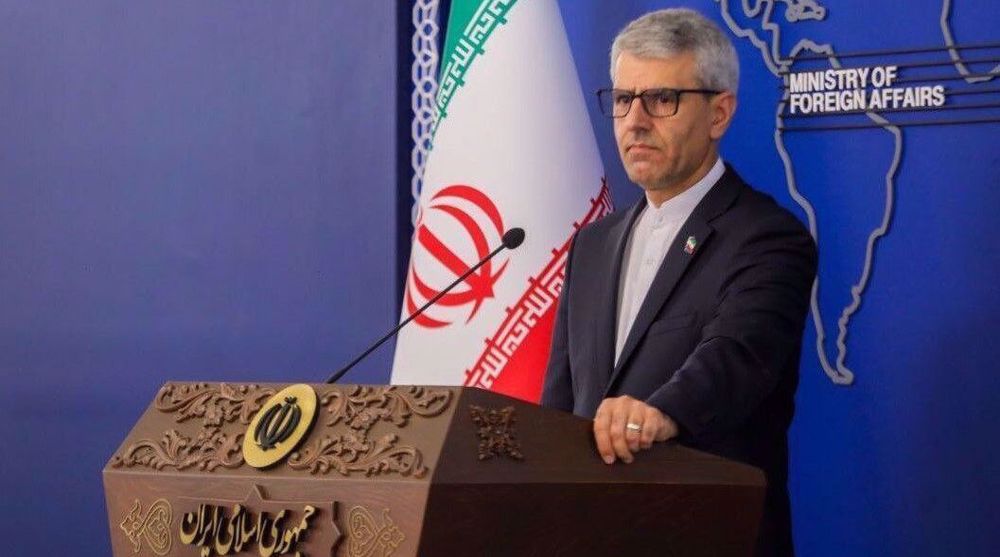Iran denies receiving invitation from Saudi to discuss Hajj: Official
A senior Iranian official dismisses reports that Saudi Arabia has invited Iran to discuss the resumption of Iranians' participation in Hajj pilgrimage.
“Contrary to the report published by some media outlets about the extension of an invitation by Saudi Arabia for Iran’s participation in this year’s Hajj rituals, we have received no invitation,” the new head of Iran's Hajj and Pilgrimage Organization, Hamid Mohammadi, told IRIB on Sunday.
He added that the organization is doing all in its powers to reopen the Hajj route for Iranians and help Iranian pilgrims benefit from their undeniable right of participating in the rituals like people from all Muslim countries.
“Definitely, if our conditions, which will ensure the dignity and security of the Iranian pilgrims, are met, grounds will be prepared for the presence of Iranian pilgrims [in Hajj],” Mohammadi pointed out.
He expressed hope necessary consular mechanisms would be implemented for the participation of Iranian pilgrims in the Hajj rituals this year.
London-based daily al-Hayat reported on Friday that Saudi Pilgrimage Minister Mohammed Bentin had opened discussions with more than 80 countries, including Iran, to work out the details of the 2017 Hajj.
The Arab News daily also said Riyadh would welcome pilgrims for Hajj “irrespective of their nationalities or sectarian affiliations, including Iranian pilgrims.”
In September 2015, a deadly human crush occurred during Hajj rituals in Mina, near Mecca. Days into the incident, Saudi Arabia published a death toll of 770 but refused to update it despite gradually surging fatality figures from individual countries whose nationals had been among the victims of the crush. Iran said about 4,700 people, including over 465 of its nationals, lost their lives in the incident.
Earlier that same month, a massive construction crane had collapsed into Mecca’s Grand Mosque, killing more than 100 pilgrims, including 11 Iranians, and injuring over 200 others, among them 32 Iranian nationals.
Serious questions were raised about the competence of Saudi authorities to manage the Hajj rituals in the wake of the incidents, and, facing Saudi intransigence to cooperate and refusal to guarantee the safety of Iranian pilgrims, officials in the Islamic Republic subsequently decided to halt pilgrimages over security concerns.
Saudi Arabia unilaterally severed its diplomatic ties with Iran in January this year after protests in front of its diplomatic premises in Tehran and Mashhad against the execution by Riyadh of prominent Saudi Shia cleric Sheikh Nimr al-Nimr.
Iran’s attacks on US bases ‘legitimate’ response to source of aggression: Araghchi
IRGC targets US intelligence centers, military depots in 11th wave of attacks
US-Israeli attacks damage 5 hospitals, medical centers in Iran: MP
Unlike US, Iran prepared for a long war: Security chief
Missile sirens will never stop in Israeli-occupied territories, Iran warns
Leader’s martyrdom will drive Iran to greater dignity and victory: Senior cleric
Iran calls on IAEA to condemn fresh US-Israeli attacks on nuclear site
Murder of innocence: Israeli-US aggression on southern Iran school killed 165 children










 This makes it easy to access the Press TV website
This makes it easy to access the Press TV website